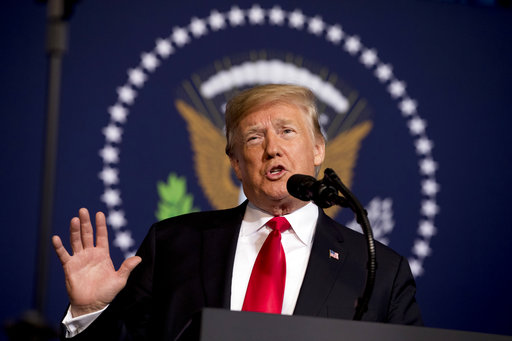Revised Dodd Frank Rules Will Aid Corruption In Nigeria, Policy Alert Writes US SEC

A Nigerian civil society group, Policy Alert, which is working to improve economic and environmental governance, has written the United States Securities and Exchange Commission (SEC) to pass a stronger version of the Dodd Frank Wall Street Reform and Consumer Protection Act Section 1504 Rule.
In a letter responding to a request for comments by the United States SEC on the newly revised Section 1504 rules and signed by its Executive Director, Tijah Bolton-Akpan, the organisation said more robust transparency requirements are critical for Nigeria to combat corruption and ensure that revenue from our natural resources is used to benefit citizens and develop the nation
Dated February 27, 2020, the letter which was addressed to the Secretary of the United States SEC, Vanessa Countryman, also noted that rather than encourage US extractive companies operating in Nigeria, such as ExxonMobil and Chevron, to be more transparent and accountable, “the proposed draft rules would tend only to promote further opacity and thereby aid more corruption in Nigeria’s extractive industry.”
focusing its recommendations around aggregation of payments made by extractive companies to foreign governments, exemption from payment reporting for smaller companies and deadline for furnishing payment disclosures, Policy Alert stressed that the proposed rule to permit aggregation of payments at major subnational jurisdiction level will allow for lumped-together payments for multiple projects within a subnational jurisdiction. “This will regress a lot of the gains already made with project-level reporting especially as it concerns affected local host communities,” the letter said.
On the exemption for smaller and emerging growth companies, Policy Alert stated that it “could exclude a growing number of oil and gas companies operating in Nigeria from reporting obligations,” adding that “when aggregated, the exploration and production activities of small oil and gas companies form a huge percentage of the overall transactional value of E&P activities in Nigeria, and simply wishing away their materiality as this exemption proposes to do is a lost opportunity to put in place strong transparency standards.”
On deadline for furnishing payment disclosures, the organisation recommended that the submission deadline should not be extended beyond 300 days after the end of the issuer’s most recent fiscal year, emphasising that “late publishing of payment disclosures hampers civil society capability to mobilize citizens to extract equitable natural resource benefits from the government and extractive companies.”
According to Bolton-Akpan, allowing resource extraction issuers to have the permissiveness to disclose payments to governments as late as 21 months after their most recent fiscal year will impede transparency actor’s ability to focus on current issues and develop apt future engagement plans with the government and extractive companies alike.
“Public disclosure, including of issuer identity, is critical, and the data would be useless to civil society if it were anonymized and at high levels of aggregation”, Policy Alert said in the letter, while urging the United States SEC to come up with a rule more closely in line with transparency rules advocated by the Extractive Industries Transparency Initiative (EITI), and those already in place in the European Union and the UK.





























